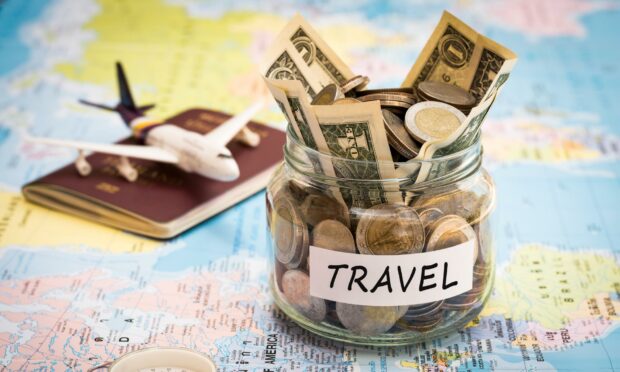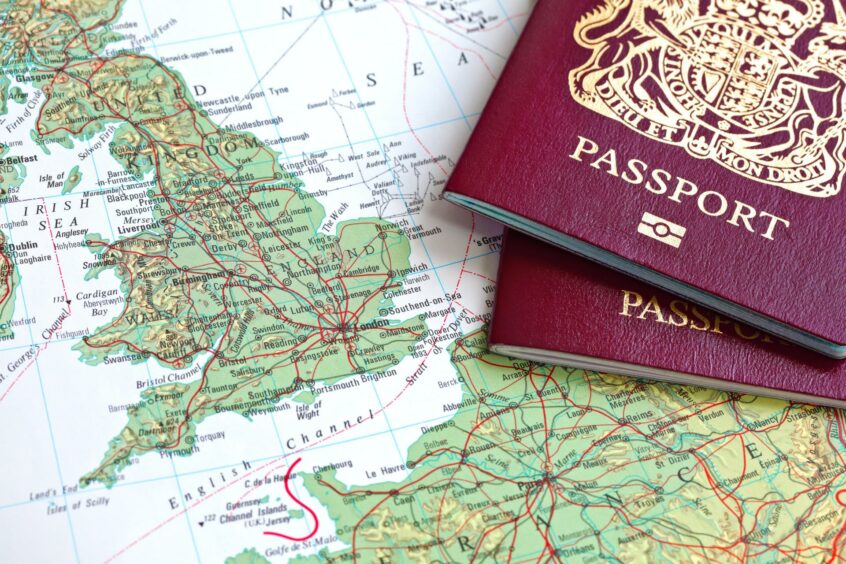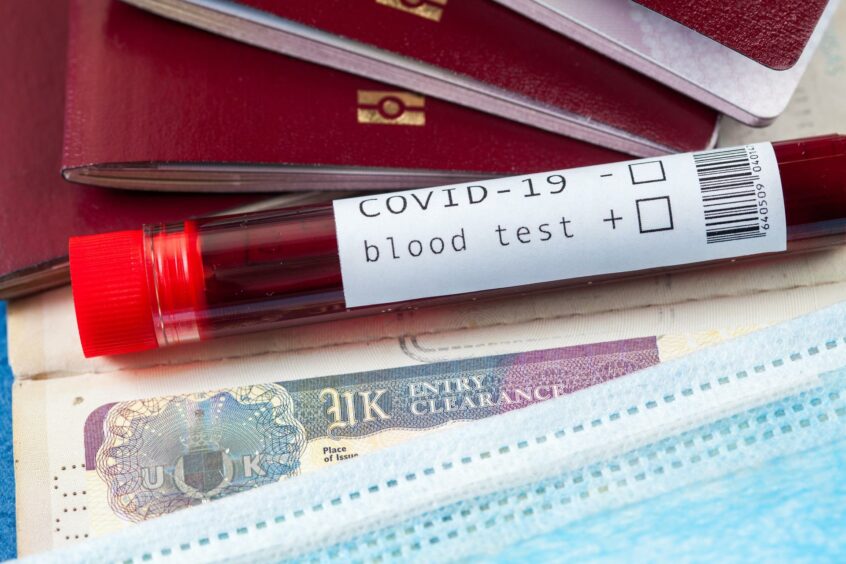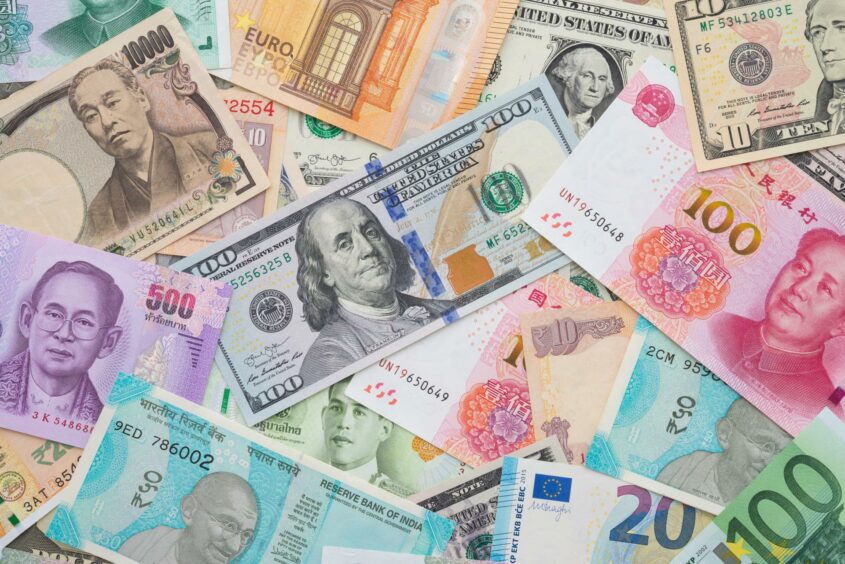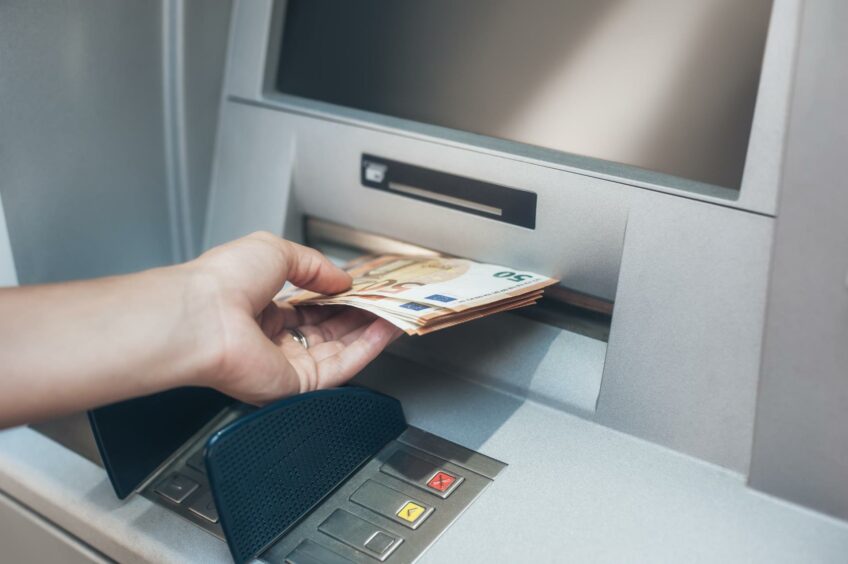I wrote, almost exactly a year ago, about getting yourself prepared when going abroad after lockdowns ended.
I specifically mentioned passports running out of date. Funnily enough, I had three people email saying that after they’d read my column, they’d gone to fish out their passport, only to discover that it was, in fact, out of date.
Once again, it’s well worth checking that vital document; no point in getting to the airport and being refused boarding due to an out-of-date passport.
I also mentioned travel insurance and how it’s vital you get it. I did though say to hold off for the time being, as with so many countries flagged with an “advise against all travel” warning, your all-singing, all-dancing platinum insurance policy would not be worth the paper it’s written on.
Thankfully, these government warnings are nearly all gone, so you’re good to go. Travel insurance is like a first aid kit. You hope never have to use it, but it’s vital you have it. I can recommend Leisure Guard, Holidaysafe and True Traveller.
Also, if you go though the website Moneysaving Expert, you’ll get a link and a discount to said companies.
I’ve also previously vented my spleen at those ridiculous rip-off Covid tests for travel that have crippled the aviation industry, not to mention costing millions of people a heck of a lot of money.
As of writing, these rip-off tests for departure/arrival have once again been scrapped. It’s been like snakes and ladders regarding all this for numerous months.
A senior UK politician recently said that they have outlived their usefulness. “They did that a long time ago mate,” I grumbled at the politician on TV.
Funnily enough, a representative of the UK testing and laboratory industry, on hearing the news of the end of travel testing, commented that we’d dropped the travel testing “too early”.
Ha! No surprise there. “Someone,” I said in another column last year, “is making a lot of money out of this game…”
Nothing would surprise me if travel tests were brought back in again soon, but I certainly hope not. We’ve got to stop knee jerk reactions to every situation. We are long overdue getting back to normal.
What I didn’t mention though in my 2021 column on being prepared before going abroad, was currency. After passports and insurance, we also need cash. Money makes the world go round, as Liza Minnelli once sang.
Sadly, the potential for being ripped off when it comes to getting your hands on foreign currency can be huge. You’ve worked hard, saved hard and are looking forward to spending your pounds in wherever it may be. Time to grab yourself the best deal, and avoid the pitfalls.
Cash. Seems old hat these days, but many folks still prefer to hold actual cash. You have numerous options here for buying cash before you leave the UK.
First up, your local bank branch? Well, you could try them, if you’re lucky enough to still have one of course. However, it’s never a good idea as they generally give awful rates on foreign currency.
The Post Office? Again, if you’re lucky enough to still have one, certainly not the worst option, they sometimes do have good currency deals, so check them out.
Or you may choose, like many these days, not to carry cash, and just decide to use your personal UK bank card when abroad.
You may even be lucky enough to have a day-to-day UK bank card that gives you a special deal when using it abroad, but generally it’s not a good idea. Not only can you get a poor exchange rate, you’ll also get hit with a flat rate charge per transaction.
I’d say avoid at all costs, or only use your UK debit card abroad if you really need to.
Your best bet by far when it comes to your holiday currency, is to get yourself a prepaid currency card.
No one knows what the pound will be in a week, month or even tomorrow. Anyone who says they do know is purely speculating.
Prepaid currency cards are what I’d describe as a modern version of travellers’ cheques. You buy your currency in advance, at a fixed rate at the time you choose, load it on to the card and off you trot.
You can load up your card with such currencies as Euros, US Dollars, Canadian Dollars, Swiss Francs, Japanese Yen and a plethora of others.
Then, you basically use it like you would a debit card. Since it’s either Visa or Mastercard, it’s internationally recognised. You can withdraw cash from foreign ATMs, even use the card in supermarkets, to pay for drinks in cafes or in hotels, just like you would back home.
By locking in an exchange rate in advance, it doesn’t matter if the pound falls, you’ve still got your deal, locked in on your card.
Of course, it needs to be pointed out, the exchange rate can also go the other way, ie if the pound rises, you miss out slightly. All in all, though, currency cards are brilliant. I never leave the country without my prepaid currency cards.
But how to get one? It’s easy and there are numerous options out there. Among the best are Fair FX, Money Corp and Travelex. Be aware though, and read the small print. Some prepaid cards have hidden fees.
I use Caxton FX and have done so for many years. A Caxton prepaid card is free to get. It has no hidden fees, no monthly fees, competitive exchange rates, is free to use abroad and you can load up to an impressive 15 currencies on there.
Want take it to the next level? Caxton Red is for the busy traveller. For a small monthly fee, you actually get the interbank rate. I recently got 1.20 euro to the pound.
One of the worst UK high street rates on the same day was 1.11. Had I used them, I’d have gotten 45 euro less, for one transaction. It all ads up…
I cannot recommend enough that you get a prepaid currency card for your next trip abroad. Way safer than carrying cash, and a far better deal than your bank will ever give you.
So, you’ve been vigilant, uploaded your currency card at a great deal and are finally at your chosen destination.
Worries over? No, not yet. For here comes the final hurdle. Be very wary of something called DCC. Dynamic currency conversion.
DCC is when the foreign bank that owns the ATM you are withdrawing cash from tries to set the exchange rate, and it will be shockingly bad for you. Don’t fall for it, just remember, you’ve already loaded up your prepaid card with euros at a great rate from one of the aforementioned suppliers. Don’t let that ATM rip you off by undoing all your good work.
This is how the trick works. You try to take out, say, 50 euro in cash from an ATM in Europe somewhere; the screen then tempts you, gives you the option to complete the transaction in pounds. It can be very confusing, and it’s meant to be that way. Ignore it and decline this offer. Always click on euros.
This trick can also happen in shops and restaurants abroad when paying your bill. If you are ever faced with this scenario, never be tricked into choosing to pay in pounds, always choose to pay in local currency wherever you are in the world.
At the end of the day, however you decide to take your money when you go abroad is of course up to you.
You would though be doing yourself the biggest favour ever, by never ever leaving it to the last moment and end up purchasing foreign currency in the actual airport.
Exchange rates in airports are an absolute joke.
You’ll get ripped off on a monumental scale.
